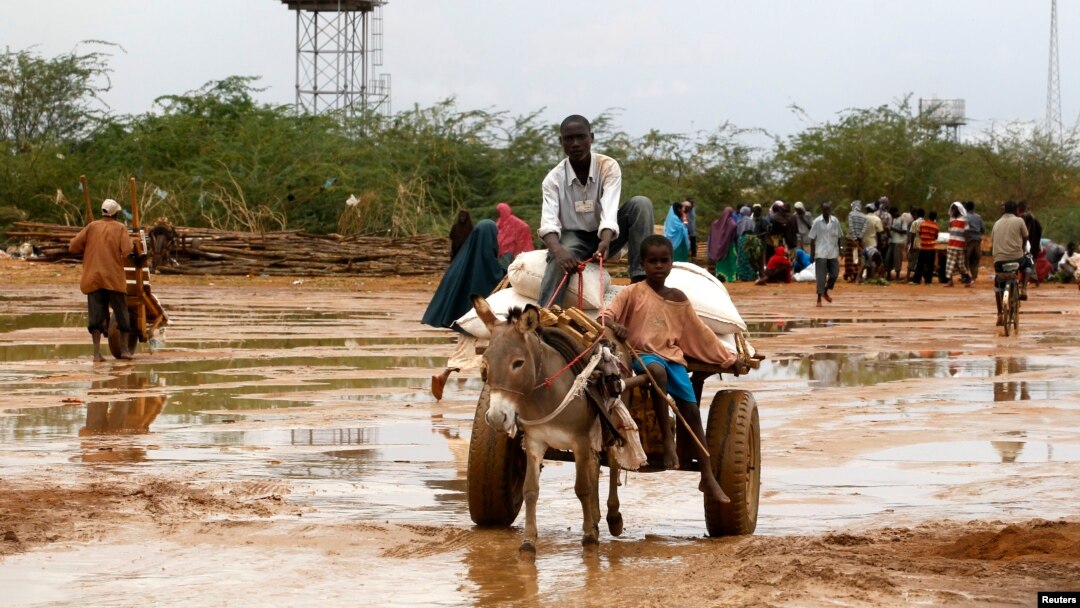The United Nations refugee agency urged Kenya on Tuesday to reconsider an order to close the teeming Dadaab refugee camp, saying it would not be part of any transfer of Somalis back to their homeland that violated international law.
Kenya said on Saturday it had given the United Nations three months to remove the camp housing hundreds of thousands of Somali refugees, as part of a get-tough response to the killing of 148 people in Garissa. Kenya has in the past accused Islamist militants of hiding out in Dadaab camp.
In its first reaction, the UNHCR voiced concern at the “abrupt closing” of the world's largest refugee camp that hosts 350,000 registered Somali refugees saying it “would have “extreme humanitarian and practical consequences”.
“We are thus urging the Kenyan authorities to give the matter further consideration,” UNHCR spokeswoman Karin de Gruijl told a news briefing in Geneva.
“The main issue is the voluntariness of returns. If these people were forced to return, it could be in breach of international law and UNHCR would not facilitate such a move,” she said, citing the U.N. Refugee Convention of 1951.
Njonjo Mue, an adviser with Kenyans for Peace, Truth and Justice in Nairobi said the logistics of emptying Dadaab “boggles the mind” and could play into al-Shabab's hand.
“Basically, we would be handing over to al-Shababa ready-made army of say 200,000 young men who will be desperate and who will have nothing to do,” he said.
The UNHCR said it was ready to work with Kenyan authorities to “strengthen law enforcement” at Dadaab to help protect refugees and Kenyans against possible intrusion by armed groups, building on previous efforts.
“The objective of that was to make sure that the refugees and the local communities are protected against these incursions and also to deter any terrorist incursions that could be occurring from across the border,” de Gruijl said.
“The government of Kenya has not said this camp should be closed because al-Shababis in the camp. The government of Kenya is just concerned about the whole situation in the camp,” she said. “With them we have stepped up law enforcement in the camp, so the situation is much calmer now than some years ago.”



